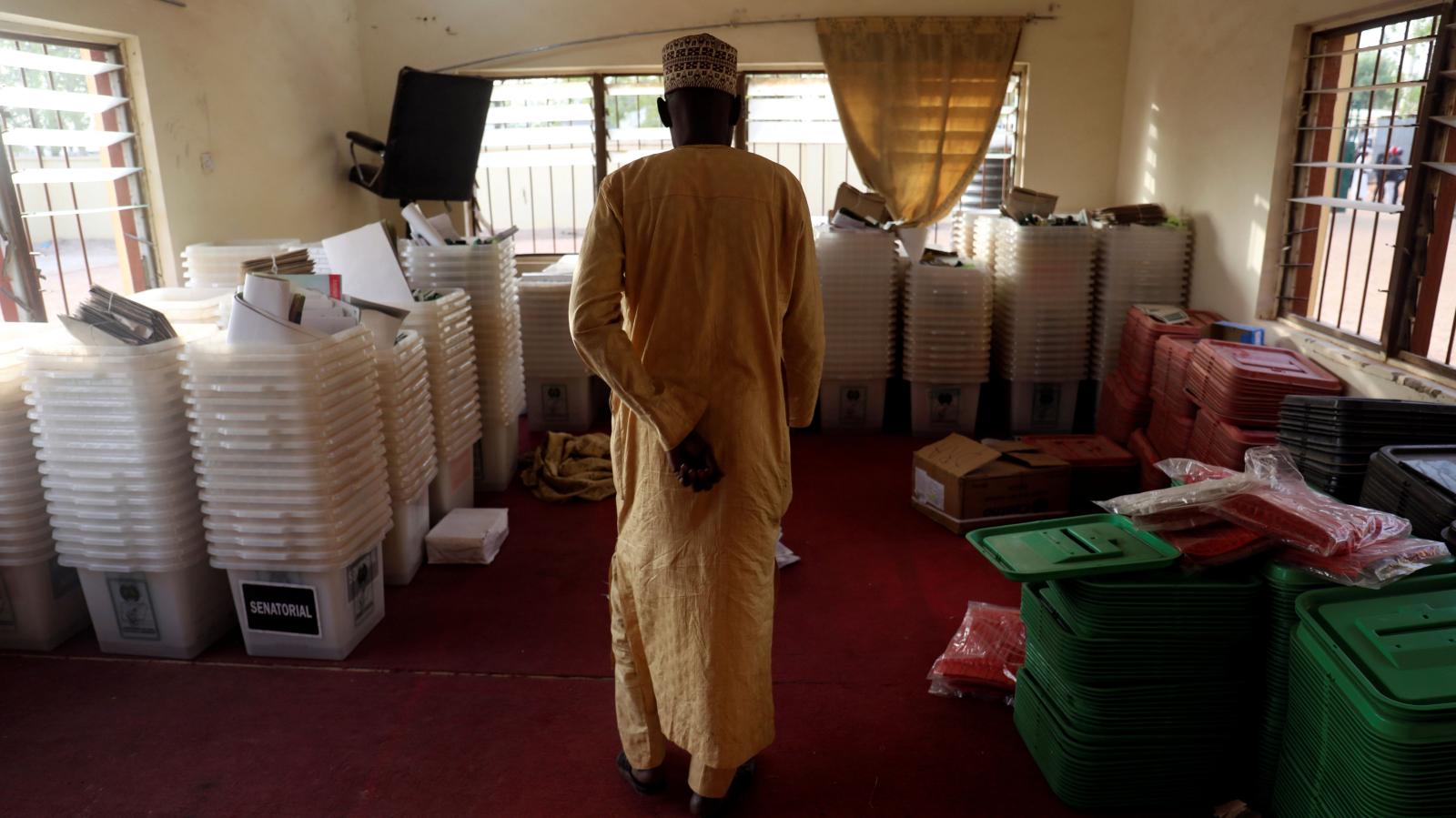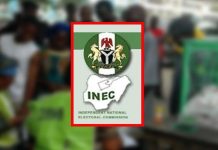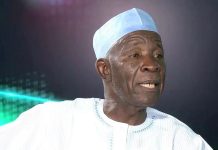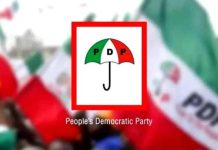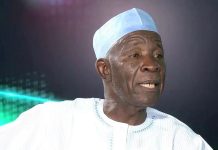On a day they expected to be voting for the president, frustrated Nigerians are having to change their plans.
Hours before voting was due to begin today, the country’s electoral commission, INEC, announced its decision to delay the polls by a week. Given the timing of the announcement (around 2.30 am local time), millions of eligible voters—especially those without access to the internet and social media—only found out when they woke up this morning (Feb. 16). There have been reports of some people getting in line early to vote only to be told the election had been canceled.
The presidential and national assembly elections will now be held a week later on Saturday Feb. 23. State governorship and legislative elections have also been postponed to Mar. 9, they were originally slated for Mar. 2.
For its part, INEC has not revealed the financial cost of a delay and has blamed the delay on logistical difficulties even though it has had four years to prepare and is backed with a $522 million budget.
But for ordinary citizens, the impact of a one-week delay will likely be disruptive and in some cases, very costly.
As Nigerians can only vote in polling units where they were initially registered, elections in Nigeria usually involve making painstaking and expensive travel plans. People who have moved homes, changed jobs or left the country have to go back to their old polling units to vote.
There have already been reports of Nigerians flying in from Europe, the US and Asia, likely on tight itineraries, just to vote. Within the country, traveling to different states and regions to vote has become common.


